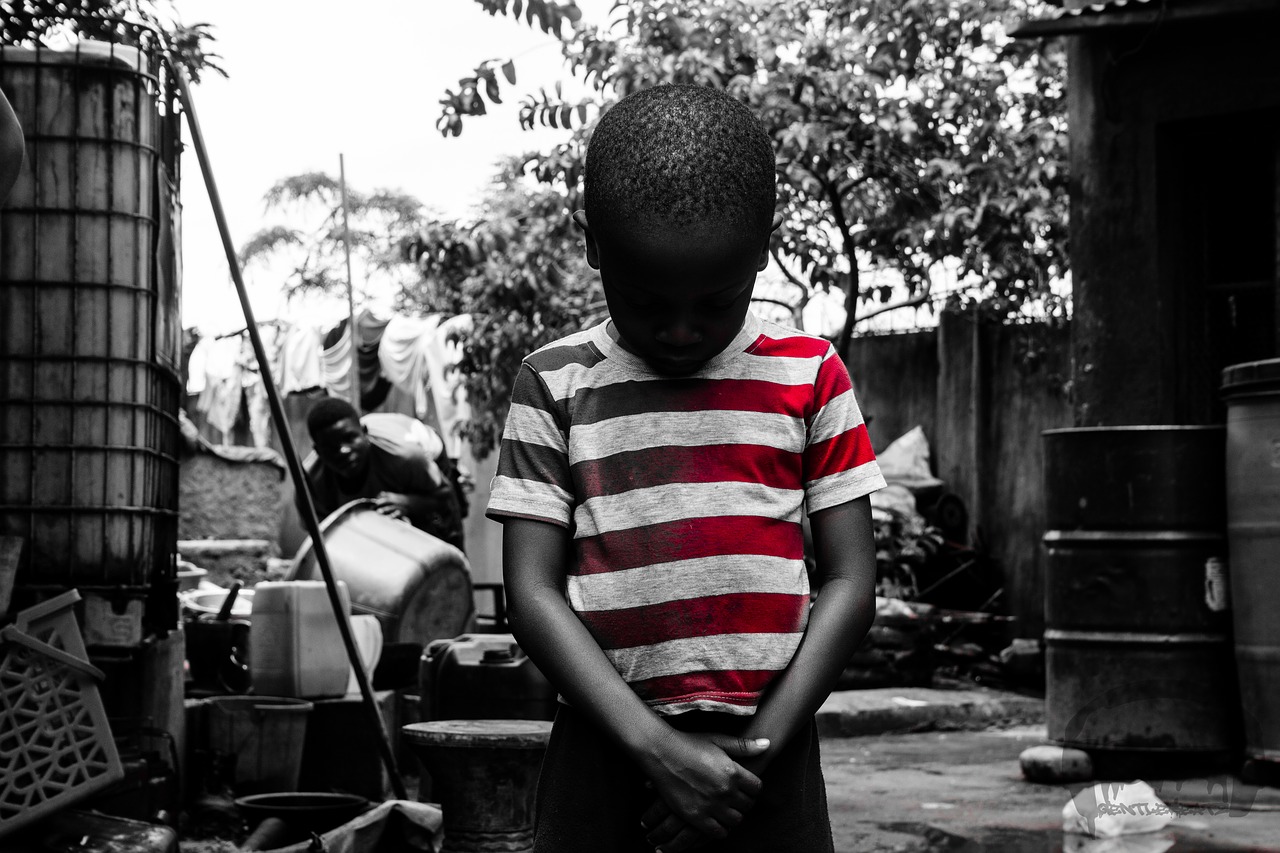Abuse and violence in childhood leave long-term effects on a child’s brain. But a new study reveals that spanking your kids has more or less the same impact as severe violence, affecting their brain growth and development. This study was conducted by the research team from Harvard, and is now published in the journal ‘Child Development.”
Based on the data from previous analyses, this new study finds out changed activity in some parts of the brain in children who experienced abuse. Researchers were able to identify that the kids who were subjected to spanking also have increased neural activity in the prefrontal cortex (PFC) region of the brain. These areas typically show changes when the environment around them drastically changes i.e., during a threat, important decision making, and in a risky situation.
Also read- How Cathartic Is Rage Therapy During Covid-19?
Katie A. McLaughlin and John L. Loeb from the Department of Psychology are the lead researchers and authors of this study. According to them, corporal punishment is still in practice by many parents and there is proven data on how it may cause anxiety, behavioral disorders, mood disorders, and anxiety in children. However, for many people spanking their children is nowhere close to corporal punishment or violence which is wrong.
The purpose of the current study was to look if spanking kids can cause neurobiological changes especially related to brain growth. Corporal punishment can lead to mental health issues, substance abuse, and behavioral disorders and if spanking the kids has a similar impact, it means these kids are also at risk of these mental issues.
Based on the recent statistics, it appears that half of the American parents admit spanking their kids in the last year. But this is the first time that a study has investigated the effects of spanking on brain activity and development in children.
Children between the ages of three and eleven were studied for a possible link between spanking and brain growth. The prime focus was on 147 kids of 10-11 years age (on average) who were subjected to spanking and this group excluded the victims of severe violence. The changes in the brain were observed through the MRI of the brain, clicking images showing brain activity.
Also read- Study Explains The Ideal Bedtime Routine For Healthy Children
Overall, the spanked kids showed higher activity levels all across the brain as compared to children who were never spanked. This activity was highest in some areas, especially in PFC. These changes are somehow similar to the results obtained from children who experienced severe violence implying that spanking kids may not be considered corporal punishment still has the same effect as violence on a child’s brain.
The research team further added that corporal punishment affects every kid differently and there are possibilities that the children would become resilient to these adversities. However, the more important thing to know is that all of these activities are a risk to a child’s brain growth. Spanking the kids should be added to the list of potential violence markers and considered when designing a policy, rules, or guidelines for parents, schools, or caretakers.


